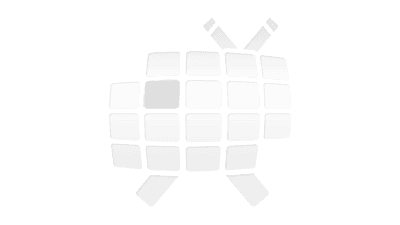Antarctica - Ice Station Rescue Summary
Filmmaker Natalie Hewit follows the everyday people battling in the most extreme environment on Earth to move Halley VI, a vital polar research station. Britain's state-of-the-art Antarctic research base Halley VI is in trouble. Built on the Brunt Ice Shelf, it sits atop a massive slab of ice that extends far beyond the Antarctic shoreline. But the ice is breaking apart and just 6km from the station is a ginormous crevasse, which threatens to separate Halley from the rest of the continent, setting the £28 million base adrift on a massive iceberg. So Halley needs to move. But this is probably the toughest moving job on Earth, and the team of 90 who have been tasked with the mission aren't just architectural or engineering experts. They are plumbers, mechanics and farmers from across the UK and beyond - ordinary men and women on an extraordinary adventure. Their practical skills will be what makes or breaks this move.
Horizon Season 56 Episodes...
-
 s56e01 - Clean Eating - The Dirty Truth
s56e01 - Clean Eating - The Dirty Truth
-
 s56e02 - Hair Care Secrets
s56e02 - Hair Care Secrets
-
 s56e03 - ADHD and Me with Rory Bremner
s56e03 - ADHD and Me with Rory Bremner
-
 s56e04 - Why Did I Go Mad?
s56e04 - Why Did I Go Mad?
-
 s56e05 - Strange Signals From Outer Space!
s56e05 - Strange Signals From Outer Space!
-
 s56e06 - Space Volcanoes
s56e06 - Space Volcanoes
-
 s56e07 - Antarctica - Ice Station Rescue
s56e07 - Antarctica - Ice Station Rescue
-
 s56e08 - Cyber Attack - The Day the NHS Stopped
s56e08 - Cyber Attack - The Day the NHS Stopped
-
 s56e09 - 10 Things You Need to Know About the Future
s56e09 - 10 Things You Need to Know About the Future
-
 s56e10 - Dawn of the Driverless Car
s56e10 - Dawn of the Driverless Car
-
 s56e11 - Dippy and the Whale
s56e11 - Dippy and the Whale
-
 s56e12 - What Makes a Psychopath?
s56e12 - What Makes a Psychopath?
-
 s56e13 - Mars - A Traveller's Guide
s56e13 - Mars - A Traveller's Guide
-
 s56e14 - Goodbye Cassini - Hello Saturn
s56e14 - Goodbye Cassini - Hello Saturn
-
 s56e15 - Being Transgender
s56e15 - Being Transgender
Horizon Show Summary
Horizon is BBC Two's flagship 50-minute science documentary series.
Recognised as the world leader in its field, it regularly wins a sweep of international science, medical and environmental film accolades, and has recently won the Royal Television Society Award and the Prix Italia.
In 2002, the British Academy of Film & Television Arts presented Horizon with the BAFTA Television Award for Best Factual Series or Strand.
In 2003 it won the prestigious Images et Science award for best medical documentary and the Carl von Linne Award at the Living Europe film festival in Sweden. That year, a Horizon co-production with WGBH Boston won the Emmy for best documentary.
In September 2014 it celebrated its 50th anniversary and it continues to enjoy outstanding critical acclaim.